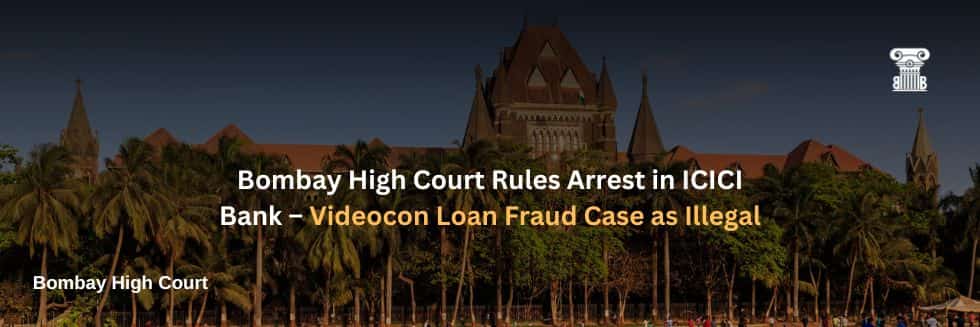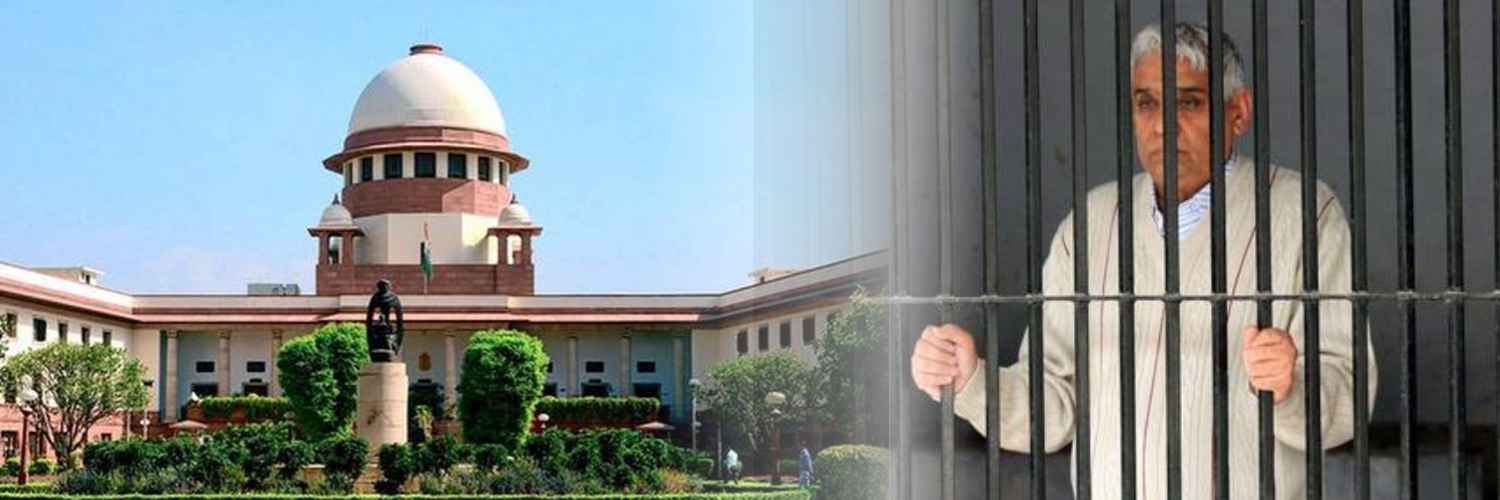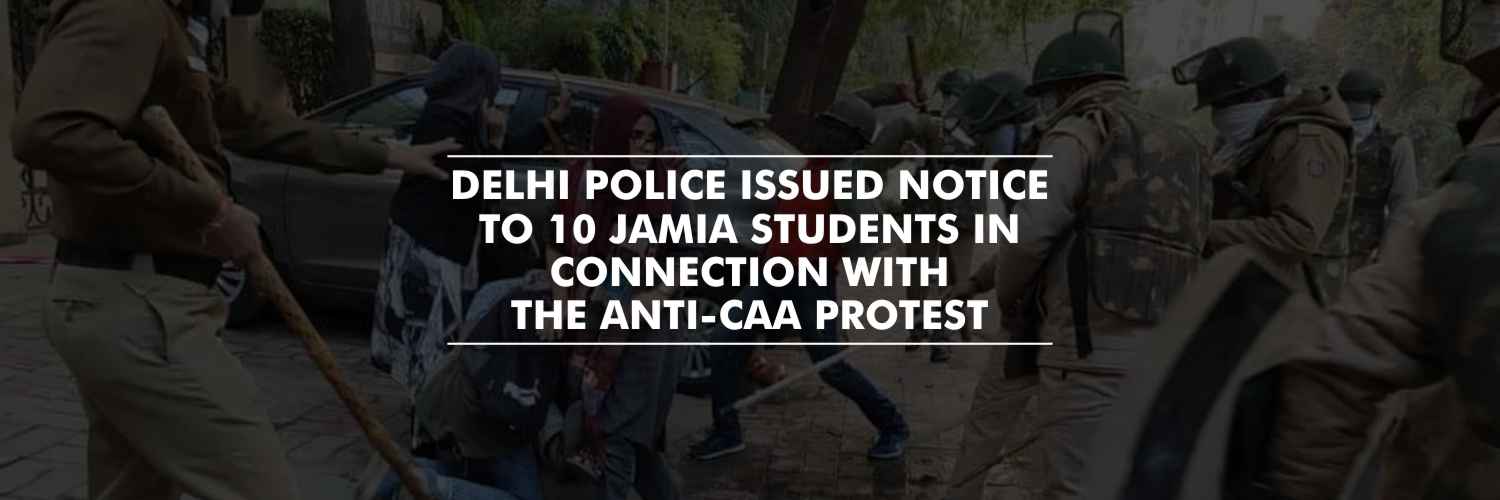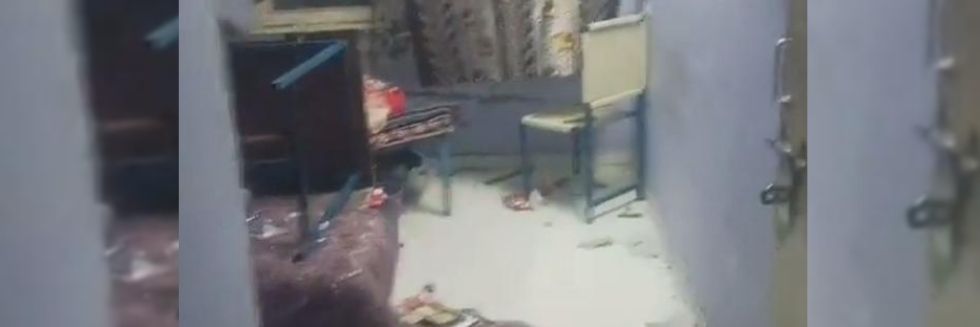In a recent development, the Bombay High Court presided over by Justices Anuja Parbhudessai and NR Borkar, deemed the arrest in the case of Central Bureau of Investigation v. Chanda Kochhar as unlawful and arbitrary. The court scrutinized Section 41A of the Code of Criminal Procedure, 1973 (CrPC) during the proceedings. This case is also recognized as the ICICI Bank – Videocon Loan Fraud Case.
The Central Bureau of Investigation (CBI) launched a First Information Report (FIR) in 2019 against the Kochhar couple, Venugopal Dhoot, and others, accusing them of various financial irregularities, including fraud and corruption. The allegations mainly centred around loans provided by ICICI Bank to the Videocon Group, subsequent investments in Nupower, a company associated with Deepak Kochhar, and other related transactions. The CBI’s actions led to the arrest of the Kochhars on December 23, 2022, sparking a legal dispute before the Bombay High Court. The court granted them interim bail, declaring the arrest as illegal.
The Bombay High Court made several observations in the ICICI Bank – Videocon Loan Fraud Case. It noted that the arrest on December 23, 2022, was not based on any new material found during the investigation but was based on the same material that the Investigating Officer knew at the time of issuing the notice under Section 41A of CrPC. The court stated that such routine arrest without due consideration of the law and without application of mind amounts to an abuse of power and does not meet the requirement of Section 41A(3) CrPC.
The court also acknowledged the couple’s right to remain silent before the Investigating Officer. It reaffirmed the fundamental right of an accused against self-incrimination. The court stated that silence or non-cooperation during investigations cannot be equated with guilt or justifications for custodial arrests. The right to silence stems from Article 20(3) of the Constitution of India, 1950, which grants an accused the right against self-incrimination. The court emphasized that exercising the right to remain silent cannot be equated with non-cooperation.
Section 41A of the CrPC, which was central to the High Court’s decision, mandates that individuals connected to a case must be issued notices by the investigating officer, compelling them to appear for questioning. Arrests are only permissible under specific circumstances, which must be duly recorded by the police officer. The primary aim is to prevent arbitrary detentions and ensure procedural fairness. The police officer shall, in all cases where the arrest of a person is not required under the provisions of sub-section (1) of section 41, issue a notice directing the person against whom a reasonable complaint has been made, or credible information has been received, or a reasonable suspicion exists that he has committed a cognizable offence, to appear before him or at such other place as may be specified in the notice.
If such a notice is issued to any person, it is the duty of that person to comply with the terms of the notice. If such a person complies and continues to comply with the notice, he shall not be arrested in respect of the offence referred to in the notice unless, for reasons to be recorded, the police officer is of the opinion that he ought to be arrested. If such person, at any time, fails to comply with the terms of the notice or is unwilling to identify himself, the police officer may, subject to such orders as may have been passed by a competent Court on this behalf, arrest him for the offence mentioned in the notice.






